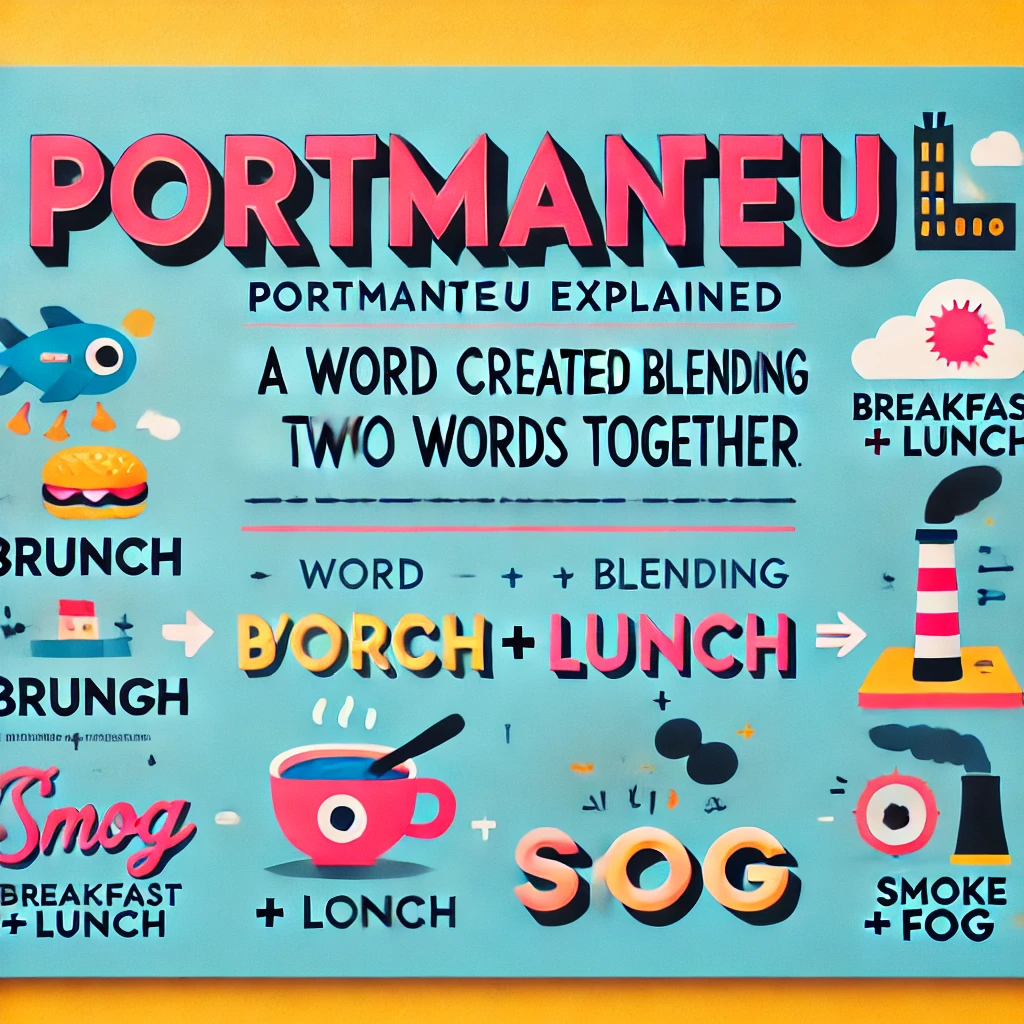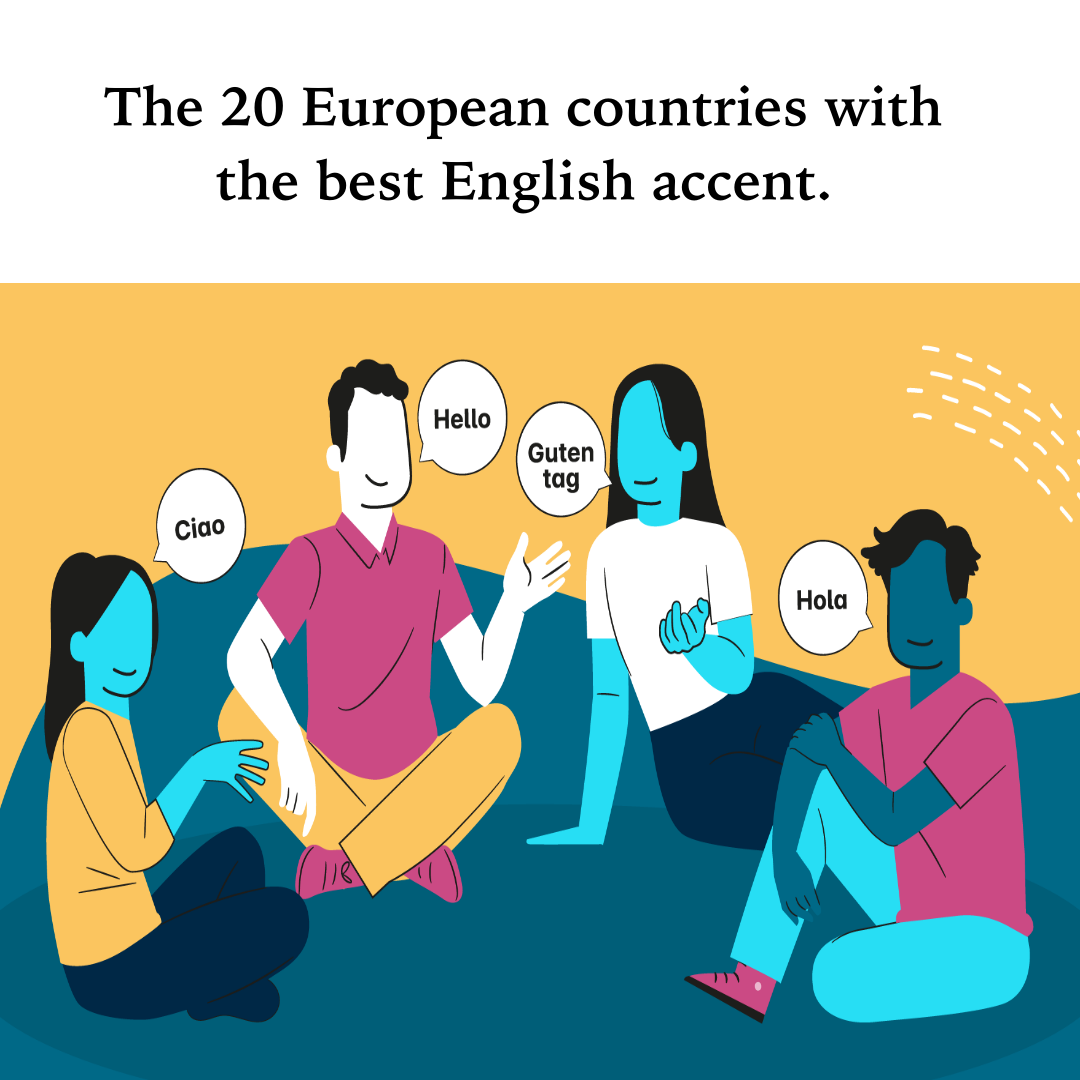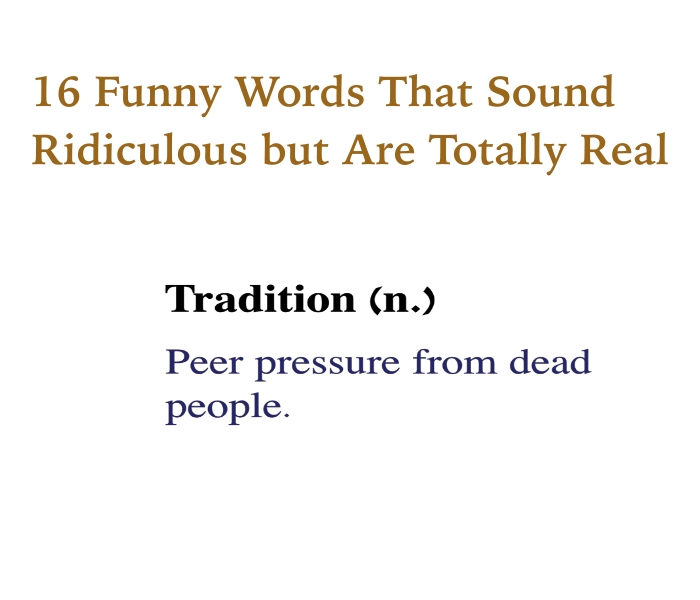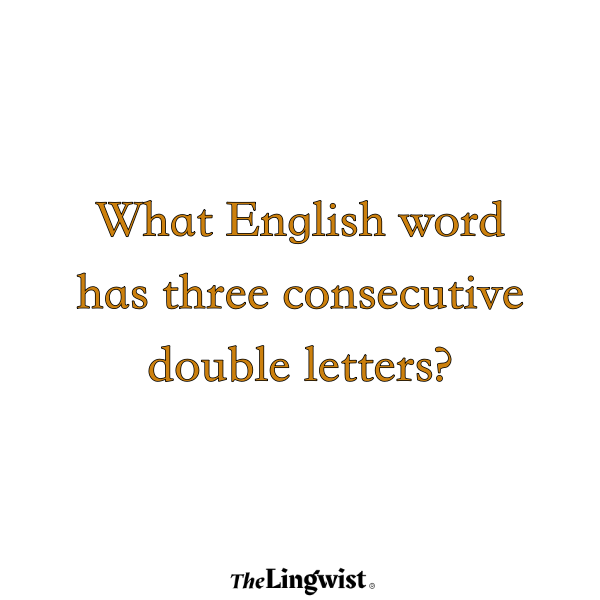Language is always evolving, and one of the most fun ways new words are created is through portmanteaus. These clever word mashups happen when two separate words are blended together to form a new word with a combined meaning. From everyday terms like “brunch” to modern slang like “spork,” portmanteaus are not only practical but often entertaining! In this article, we’ll explore some of the funniest, most creative, and surprisingly useful portmanteaus in the English language.
Thank you for reading this post, don't forget to subscribe!
What Is a Portmanteau?
A portmanteau is a linguistic blend where parts of two (or more) words are combined to create a new word. Typically, the beginning of one word is merged with the end of another, creating a seamless new term that carries elements of both original words. The term “portmanteau” itself is a combination of the French words porter (to carry) and manteau (coat), originally referring to a type of suitcase with two compartments.
Portmanteaus are practical because they allow us to express new concepts or ideas efficiently, often in a way that makes immediate sense. They are especially common in pop culture, marketing, and slang, but they’ve also become a natural part of our everyday language.
A. 10 Clever and Funny Portmanteaus You’ll Love
1. Brunch (Breakfast + Lunch)
Let’s start with a word almost everyone loves: brunch. This portmanteau combines “breakfast” and “lunch,” and it’s the perfect solution for those lazy mornings when you wake up too late for breakfast but are too hungry to wait until lunch. With eggs Benedict on one side and burgers on the other, brunch is where two meals become one—just like the words.
2. Smog (Smoke + Fog)
Coined in the early 20th century, smog is a combination of “smoke” and “fog.” It’s used to describe air pollution that looks like a foggy cloud of smoke, often seen over large industrial cities. Though the phenomenon itself isn’t pleasant, the word is a perfect blend of two environmental factors, creating an efficient and descriptive term.
3. Spork (Spoon + Fork)
One of the most iconic portmanteaus in the kitchen is the spork, a handy tool that combines the best of both a spoon and a fork. You’ve probably seen them at fast-food restaurants or on camping trips—half spoon, half fork, all convenience. Whether you’re scooping up soup or stabbing at salad, the spork has you covered.
4. Motel (Motor + Hotel)
On road trips, you might stay at a motel, a blend of “motor” and “hotel.” Motels were originally designed for people traveling by car, offering convenient lodging for those who needed a quick overnight stay. While the term might feel outdated today, the portmanteau itself remains clever and straightforward.
5. Liger (Lion + Tiger)
If you’re a fan of Napoleon Dynamite, you’ll remember the liger, the hybrid offspring of a lion and a tiger. This portmanteau is a fun way to blend two of the most powerful big cats into one mythical-sounding creature. It’s also real—ligers exist in wildlife parks, and the name fits them perfectly.
6. Glamping (Glamorous + Camping)
Hate roughing it in the wilderness? Then glamping might be for you! A combination of “glamorous” and “camping,” glamping refers to luxury camping experiences where you can enjoy nature without sacrificing comfort. Think of tents with air conditioning, Wi-Fi, and gourmet meals. It’s camping without the inconvenience.
7. Ginormous (Gigantic + Enormous)
Sometimes “gigantic” just doesn’t feel big enough. Enter ginormous, a portmanteau of “gigantic” and “enormous.” This playful word is perfect for describing something that’s truly massive, and it’s often used in a humorous way. Whether you’re talking about a skyscraper or a giant pizza, ginormous is the word to use when you need extra emphasis.
8. Infomercial (Information + Commercial)
Those late-night TV ads that seem to go on forever? They’re infomercials, a blend of “information” and “commercial.” Infomercials typically provide detailed information about a product, with demonstrations and testimonials, all while trying to sell you something. They’re a little educational and a lot of sales pitch—just like the word itself.
9. Frankenfood (Frankenstein + Food)
Frankenfood refers to genetically modified or processed foods that some people find a little unnatural, just like Dr. Frankenstein’s monster. This portmanteau captures the idea that certain foods have been “stitched together” in a lab or factory, resulting in a product that may not resemble its natural counterpart. It’s a fun, if slightly alarming, word for modern food debates.
10. Hangry (Hungry + Angry)
Ever been so hungry you got angry? That’s hangry in a nutshell. This portmanteau combines “hungry” and “angry” to describe the bad mood that strikes when you haven’t eaten in a while. It’s a relatable emotion—one minute you’re fine, and the next, you’re ready to snap at someone until you get some food. Hangry has become a part of everyday slang because it perfectly captures that frustrating feeling.
Six Funny Portmanteau Words You Should Immediately Add To Your Dictionary: Portmanteaus: Clever Word Mashups That Make Perfect SenseB. The Role of Portmanteaus in Pop Culture and Slang
Portmanteaus have become a huge part of pop culture, often used to describe trends, fads, and celebrity couples. For example:
- Bromance (Brother + Romance): A close, non-romantic friendship between two men, often seen in movies or TV shows.
- Brangelina (Brad + Angelina): The celebrity couple name for Brad Pitt and Angelina Jolie, one of the most famous examples of combining celebrity names to create a portmanteau.
- Blog (Web + Log): A shortened form of “weblog,” which is now used universally to describe online journals or articles.
These words are not only catchy but often encapsulate larger cultural phenomena in a single, clever term. By merging words in this way, portmanteaus help us express new ideas or trends in a way that feels fresh, modern, and relatable.

C. Why We Love Portmanteaus
Portmanteaus have a special place in the English language because they’re practical, creative, and often funny. Here’s why we can’t get enough of them:
- Efficiency: Portmanteaus allow us to convey complex ideas or combinations of things in a single, easy-to-understand word. Instead of saying “glamorous camping,” we say “glamping.”
- Humor: Many portmanteaus are inherently funny because they juxtapose two different ideas. Words like “hangry” and “frankenfood” make us laugh by bringing together emotions or concepts that don’t usually go hand in hand.
- Creativity: Coming up with a great portmanteau requires creativity, and when done well, it can feel like you’ve invented something entirely new. The blending of words sparks curiosity and encourages wordplay.
- Cultural Relevance: Portmanteaus often reflect trends or current issues, making them feel timely and connected to pop culture. Words like “brunch” and “bromance” wouldn’t exist if it weren’t for changing social norms and trends.

D. How to Create Your Own Portmanteaus
Creating your own portmanteau is easier than you might think! Here’s how you can start blending words together:
- Pick Two Words: Choose two words that relate to each other or describe a new idea or thing. The words should combine in a way that captures both meanings.
- Blend the Words: Take part of one word and merge it with part of the other. Usually, the beginning of the first word is combined with the end of the second word, but you can experiment with different combinations.
- Make Sure It’s Catchy: The best portmanteaus are memorable and easy to say. If it sounds awkward or clunky, try adjusting the way the words are blended until you find a smooth combination.
- Test It Out: Share your new portmanteau with friends or family and see if they understand it or think it’s clever. If it sticks, you might just have created the next big word!







